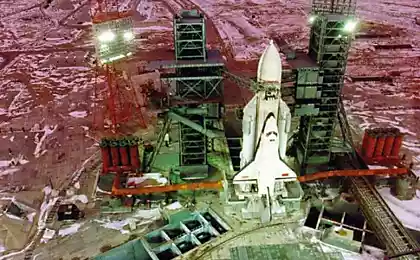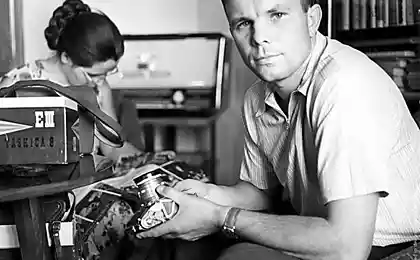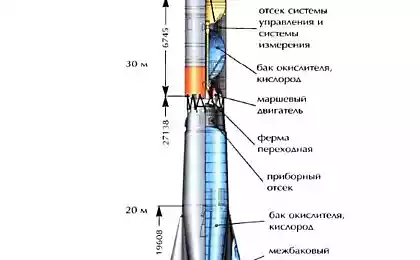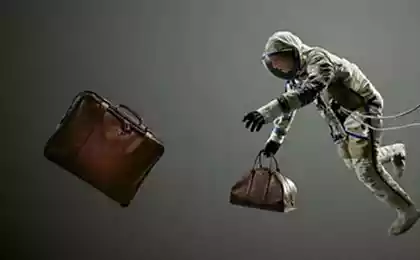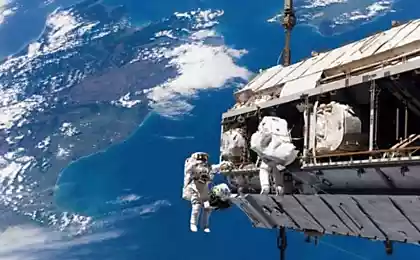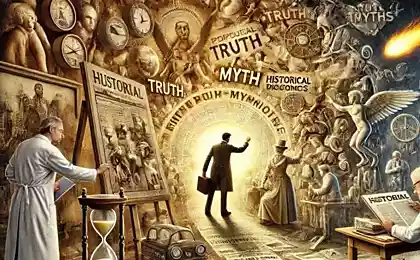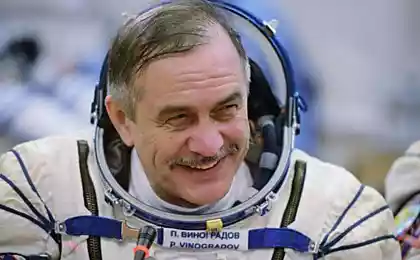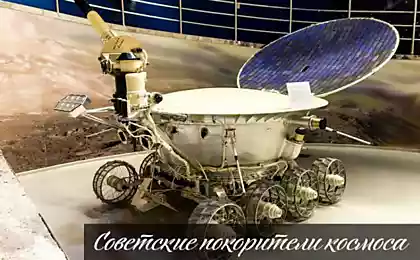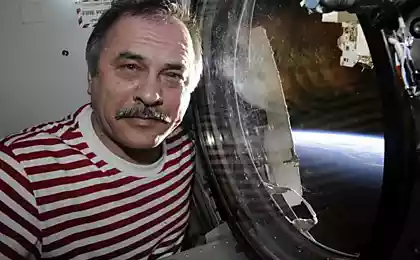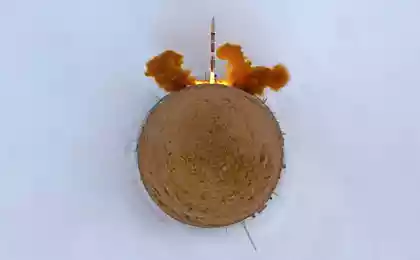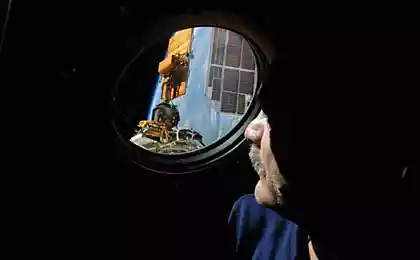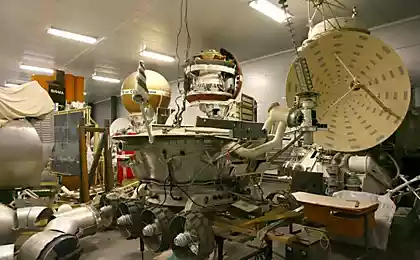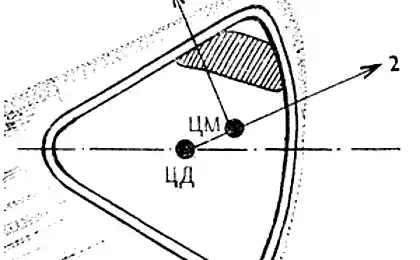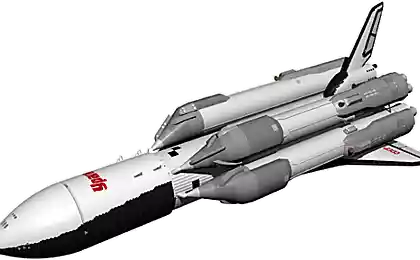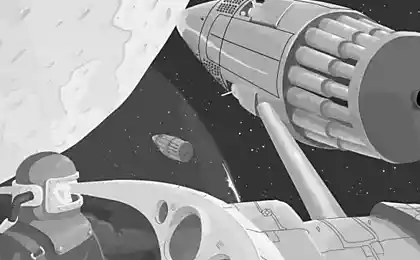1452
Dangers from Space: Myths and Reality
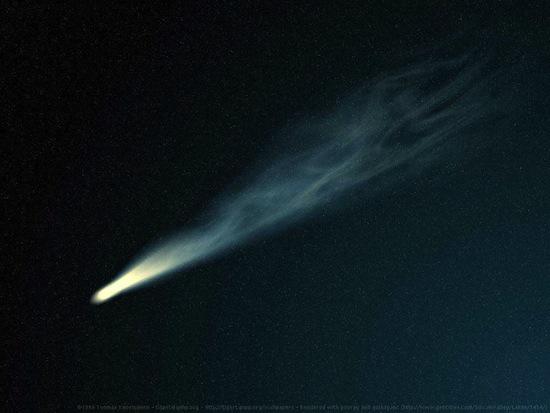
On Tuesday, the RIA "News" in the multi-media project "Lecturers" a lecture head of the department of space astrometry Institute of Astronomy, deputy chairman of the expert working group on space threats at the Council of RAS Space Lydia Rykhlova "Dangers from Space: Myths and Realities." < br />

There is a danger of the destruction of the Earth from space? All the major celestial bodies, Lydia calmed Rykhlova size of a kilometer or more have "taken a pencil" - not so much. Collide with our planet one of these bodies can in half a century, and the second - in 2147. Collision with a large space object would lead to the destruction of humanity.
With small objects the situation is complicated - from celestial bodies larger than 100 m accounted for about 50%. Objects smaller impossible to count them. It is also impossible to predict whether there is going to one of them hit the ground. Of course, the death of all mankind from such dwarfs will not happen, but the average city can burn completely. "Small bodies fall to the Earth periodically, mainly, however, in the ocean. Tunguska cosmic body is dropped, it burned out 2000 square kilometers. In 2005, a meteorite fell in Turkmenistan in the cotton field - the fire, the noise, the people thought that the war has begun, "- said Lydia Rykhlova.
However, all calculations and observations regarding what the celestial body slam into the Earth, and when, in our country have no relationship. The Soviet Union was building ground-based telescopes in places with good astroclimate. As a result, all full telescopes were in the CIS republics - Turkmenistan, Tajikistan, Uzbekistan and so on. "We told our colleagues, then what happened to these telescopes - first residents pilfered carpet, then - the machine, and then ask neighboring countries - you do not need a telescope by chance? Now, these telescopes are renting the Chinese, and we even do not have the money for it! "- Lydia experiencing Rykhlova.
Now in Russia there are two ground-based telescopes - in Arkhyz and Elbrus. However, both of them - "uzkopolnye" that is, they see well, but within a very narrow field.
"The telescope in Arkhyz was once the best in the world, he is now out of date, and did not even make it into thirty" - says Lydia Rykhlova.
Astronomers have long implored the country's leadership to re-create in Russia a system of monitoring the threat from outer space - an issue that has been debated in the Security Council, it has been approved, but that's all over. On the creation of such a program requires 17 billion rubles. 10 years. "We need all three ground widefield telescope and two - space", - says Rykhlova. The fact that the surveillance system is still to be established, it is hard to believe: "Why do the authorities want it? They have their own showdown ... »
At the end of the lecture, journalists heard at last, some good news: In recent years, various countries have launched a number of satellites that between them and their affairs without dangling parts are constant clashes. The amount of debris is close to critical. Soon it will be so many that the derivation of new facilities into space will not be possible.
It was then that Russia with its underdeveloped system of satellites would be in pole position - our astronomers have learned to navigate in space, with a minimum and at the same antediluvian number of available tools. And their Western counterparts without satellites become blind kittens. Working without adequate modern technology they will need to study for decades, and it is unlikely they will have time to learn before the destruction of mankind, which is possible in about half a century.
via factroom.ru

